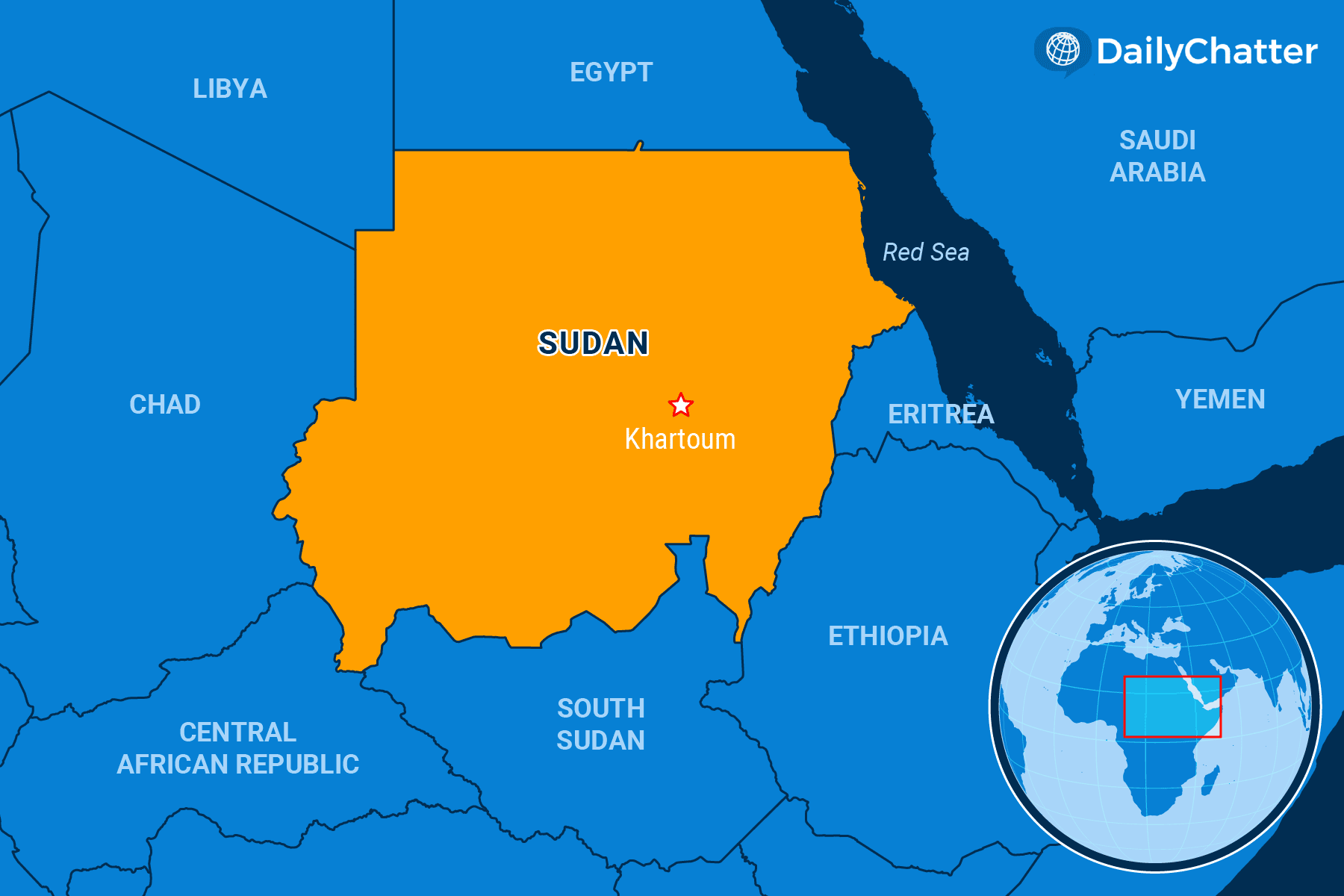End of the Road

Three days of fighting between Sudan’s military and the Rapid Support Forces (RSF), the country’s main paramilitary force, have resulted in almost 100 deaths and raised concerns about destabilization in the African nation and the wider region, CNN reported Monday.
The fighting erupted amid a power struggle between the two main factions of Sudan’s military junta, the Guardian reported.
The Sudanese armed forces, loyal to Gen. Abdel-Fattah Burhan, the country’s de facto ruler, and the RSF, led by Gen. Mohamed Hamdan Dagalo, a former warlord better locally known as Hemedti, have been at odds since the 2019 uprising that ousted the dictator Omar al-Bashir. The RSF, also known as Janjaweed, was founded by Bashir to crush a rebellion in Darfur, and its leaders were given military ranks and deployed to other conflicts, including Yemen and Libya.
The dispute between Burhan and Hemedti has been fueled by tensions over civilian demands for oversight of the military, the proposed integration of the RSF into the regular armed forces, and the pursuit of justice for alleged war crimes and killings of pro-democracy protesters.
The weekend clashes add a further interruption to Sudan’s road to democracy since the ousting of Bashir. Initially, civilian and army leaders formed a unity government that would usher Sudan towards democracy – but that was interrupted by a coup in October 2021.
The country’s doctors’ union put the civilian death toll from the clashes at 97 and more than 1,100 wounded, with the figures expected to rise.
The escalation of violence in Sudan poses a significant risk to the country’s stability and security, and could further destabilize the region, which is already grappling with an Islamist insurgency in Somalia and a recent peace deal between warring parties in Ethiopia, according to the Wall Street Journal. Three United Nations’ World Food Program workers were among those killed on Saturday, leading the aid agency to halt operations in the country.
The conflict also risks exacerbating Sudan’s economic crisis amid growing inflation, particularly rising prices for basic goods. Sudan is still recovering from two lengthy civil wars, with the second resulting in the independence of South Sudan in 2011.
The international community is calling for a peaceful resolution, respect for human rights, and accountability for alleged crimes.
Observers noted that the outcome of the power struggle between Sudan’s military factions will also have implications for the wider region given Sudan’s strategic location and its geopolitical significance in the Red Sea, the Sahel region, and the Horn of Africa.
Global powers such as Russia, the US, Saudi Arabia, and the United Arab Emirates are vying for influence in Sudan, with concerns about the potential for a Russian base on the Red Sea, which Sudanese military leaders have expressed an openness to.

Subscribe today and GlobalPost will be in your inbox the next weekday morning
Join us today and pay only $32.95 for an annual subscription, or less than $3 a month for our unique insights into crucial developments on the world stage. It’s by far the best investment you can make to expand your knowledge of the world.
And you get a free two-week trial with no obligation to continue.
